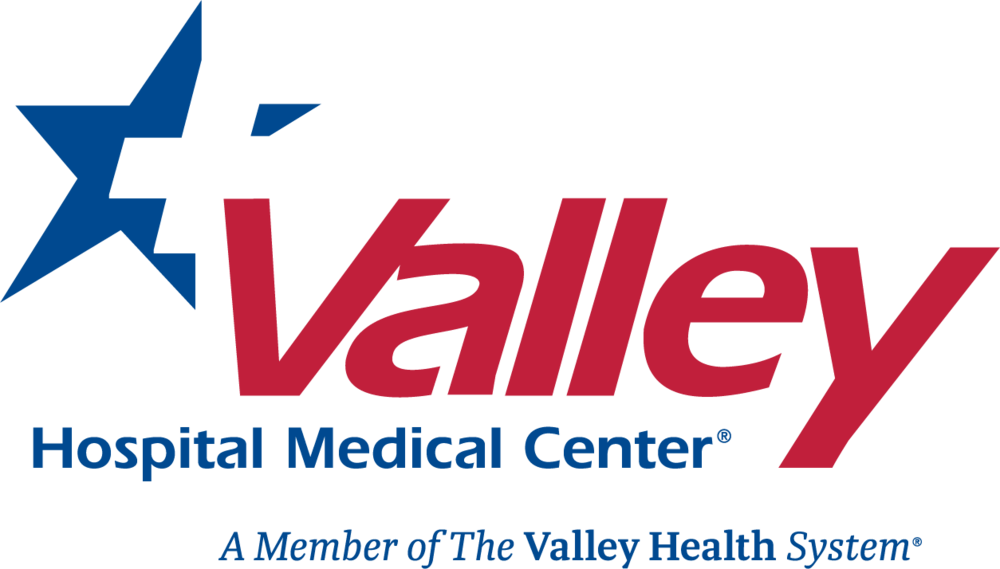Curriculum
Clinical training takes place in three Valley Health System hospitals: Valley Hospital Medical Center, Desert Springs Hospital Medical Center, and Spring Valley Hospital Medical Center. Fellows will assume increasing responsibility in procedures and patient care during the training continuum. The fellows will supervise Internal Medicine residents and medical students and will actively participate in formal didactics. They will attend continuity clinic at Digestive Associates.
Inpatient Consultation Services
Trainees will learn to evaluate and treat hospitalized patients with acute and chronic diseases of the gastrointestinal tract. This rotation will provide fellows with an opportunity to acquire the diagnostic and therapeutic skills necessary to evaluate patients presenting with gastrointestinal emergencies. Evaluation of patients will occur in close collaboration with other physicians, specifically other internists, surgeons, pathologists, microbiologists, and radiologists.
Objectives
- Under close supervision of the responsible staff physician, trainees will acquire skills in the following areas:
- Multidisciplinary approach to patients with acute gastrointestinal bleeding
- Multidisciplinary approach to patients with acute abdomen
- Evaluation and treatment of patients with acute diseases of the biliary tract and acute pancreatitis
- Diagnosis and treatment of gastrointestinal complications in geriatric patients
- Approach to patients with gastrointestinal diseases and multiple, serious, or potentially life-threatening comorbidity
- Gastrointestinal diseases and complications in patients in intensive care units
- Approach and treatment of patients requiring nutritional support
- Endoscopic techniques to achieve hemostasis
- Endoscopic placement of gastrostomies
- Documentation
- Development of communicative skills necessary for interaction between consultants and other healthcare workers
- Development of teaching skills through interaction with students and other trainees
- Ethical problems in multi-morbid patients
Endoscopy Lab
Trainees will learn assessing risks of conscious sedation and various diagnostic procedures. The trainees will acquire skills necessary to safely induce sedation and perform invasive procedures. Under close supervision of the responsible staff physician, trainees should acquire skills in the following areas:
- Pre-procedural evaluation of patients requiring conscious sedation
- Induction and monitoring of conscious sedation
- Guidelines for cleaning and sterilization of endoscopes
- Endocarditis prophylaxis and patients with cardiovascular comorbidity
- Endoscopic evaluation of the upper and lower digestive tract
- Endoscopic biopsy technique in the proximal and distal GI tract including brushings
- Safety and appropriate handling of biopsy material
- Endoscopic hemostasis
- Endoscopic removal of foreign bodies
- Endoscopic polypectomy
- Endoscopic treatment of strictures
- Endoscopic treatment of malignancies
- Endoscopic placement of gastrostomies
- Diagnosis and treatment of acute complications due to sedation or endoscopic procedure
- Motility testing of the gastrointestinal tract
- Appropriate care and follow up after invasive procedures
- Documentation of results
- Ethical problems related to informed consent, surrogate decision-makers, and patient autonomy
- Regulatory requirements in the operation of an Endoscopy lab; OSHA, universal precautions, use and maintenance of equipment, handling of contaminated and hazardous materials in the lab
Rotation Schedule
Year 4
